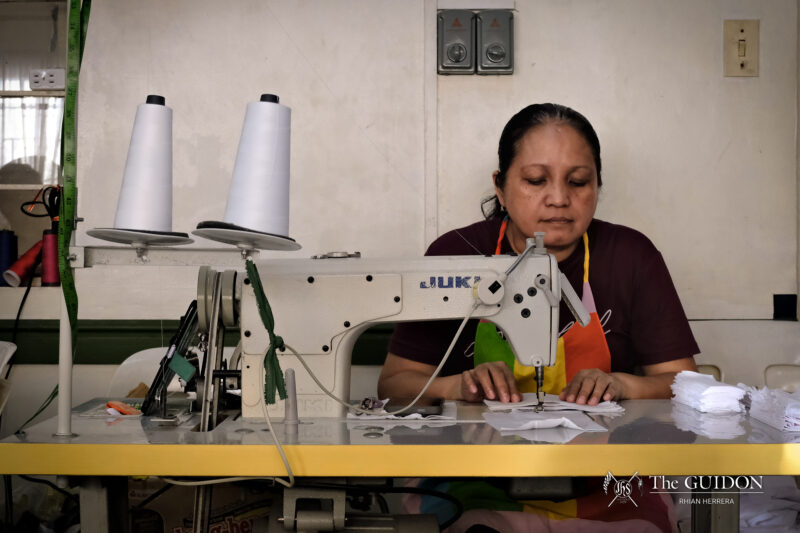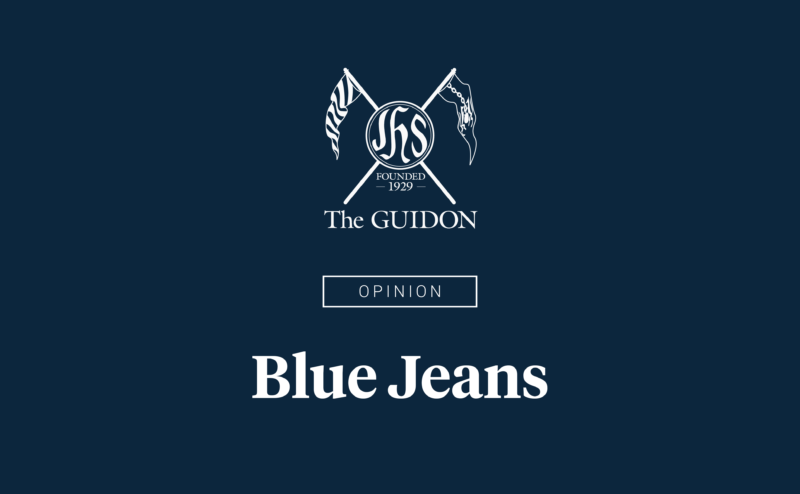K-pop fan-led humanitarian initiatives show the community’s power of inspiring togetherness and sustaining hope.
NOTHING CAN soften the impact of the Korean Wave and emerging Korean Pop (K-pop) groups. These bubbly ensembles of talented artists have cultivated larger and more solid fandoms globally, thus fostering strengthened communities.
The enhanced solidarity of K-pop fandoms has allowed supporters to channel their passion and interests into charitable initiatives. Prompted by recent crises such as the pandemic and numerous typhoons, fandoms in the Philippines have teamed up to serve fellow Filipinos. Amid the country’s dire state, K-pop fandoms have been able to bolster their unity in pursuit of a common goal.
Moved by melodies
Music moves listeners in profound ways. In the case of Ashley Cruz and Ysa Reyes, ARMY organizers of Project 0613 PH, the songs and live performances of K-pop group BTS have pulled them deep into the fandom. Apart from appreciating the band’s music, Cruz and Reyes share that they are also enamored with the personalities of the members off-stage.
“As I get to know them, [I admire them more] not as celebrities but as humans because they are true to themselves and they show the human side of being a celebrity,” Cruz shares.
This common fondness for K-pop ties fans with like-minded people. Cruz recognizes the opportunity to connect with people who share the same interests and advocacies as an upside of being immersed in K-pop fandom culture.
Patricia Rillo (4 AB Dip IR), an NCTzen and organizer of DREAM is Still Going On (DISGO), shares similar sentiments as she feels that being part of a K-pop fandom has given her a sense of belongingness. “[Being part of the fandom] made me reach out and connect to people who understood me somehow,” she describes.
While supporting K-pop groups can be a generally blissful experience, fans still face unpleasant exchanges with non-fans. For instance, Cruz encounters numerous misconceptions surrounding K-pop fan culture from peers who overemphasize the language barrier and say that the idols all look alike. Reyes explains that most of these stereotypes stem from prejudice and discrimination. “[These stereotypes are] always rooted in xenophobia. They don’t take these things seriously [because] they look at it as frivolous. There’s a bit of homophobia there as well,” she elucidates.
Similarly, K-pop has been considered a shallow novelty by non-fans. Cruz divulges that this perception is reflective of our patriarchal system, where women-centered interests are belittled and ridiculed. Reyes further shares that male-dominated spaces such as sports communities do not receive the same amount of discouragement and derision that K-pop fans experience.
Another infamous impression of K-pop fans is their inclination to fan wars or feuds among K-pop fandoms. Rillo attests that fan wars have exacerbated recently as compared to before. Cruz finds this culture appalling and unnecessary. “Music should be a unifying bond for people, [but why has it become] divisive?” she laments.
Hence, as part of their goal to unify people through music, Cruz and Reyes have decided to initiate a project that is inspired by the values and advocacies BTS upholds.
More than music
Built around the collective desire to help, Project 0613 PH started out with the onset of the McDonald’s BTS Meal in the Philippines last June. “One night, one [of us, from our friend group of eight], si Kea, she mentioned in our chat, ‘Guys, pamigay kaya tayo ng BTS Meal sa frontliners! (‘Guys, maybe we should give BTS Meals to the frontliners!’)” Cruz shares, adding how her tweet about this initiative unexpectedly went viral.
To consolidate more support, they launched AnpanMEAL Drive as their first event. With organizations Lawyers for Doctors and Kanlungan sa Er-Ma, they were able to give BTS Meals to 320 frontliners and 200 street children.
The momentum and traction they gained from the AnpanMEAL Drive led them to do more. Since June, the group has been able to deliver supplies for the displaced evacuees of the Taal Volcano unrest (Life Goes On Taal) and raise awareness for voter registration and vaccination. Currently, they are raising funds for a long-term reforestation program Build the Soop to provide livelihoods for Aeta farmers. “Our goal is honestly just to be able to harness our capacity for good, and affect change as much as possible, in our own way,” Reyes emphasizes.
For Rillo, DISGO bloomed from a midnight thought to celebrate NCT Dream’s fifth anniversary. “Our goal talaga for DISGO was not just to promote NCT Dream, but to promote taking action, involving yourself in the community, and reaching out to the children,” she expresses.
Coordinating with Save the Children Philippines for the fundraiser beneficiaries, Rillo and her two friends succeeded by setting up Twitter events and an online fair featuring fan-made merchandise businesses.
What touched the hearts of Rillo and her team was the supportive fan community that backed their fundraising efforts and made their experience fulfilling. She recalled that many buyers chose to donate more on top of the price of the fan-made merchandise. For Rillo, it was “really like a dream come true.”
Despite coming from different fandoms, organizers of both projects shared a common goal in maximizing their efforts for societal change. They also expressed their desire to extend the message of the K-pop group that they support. These common advocacies have motivated project teams and fan communities to come together.
“Human rights, equality, [and] kindness—our actions are a reflection of what [BTS stands] for. So as fans, since we support them and we support what they do, we also support what they believe in. If we could do these things on our own, then why not?” Cruz says.
Change goes on
With the growing prevalence of K-pop-themed humanitarian efforts, the global effect of the Korean Wave has transcended the sphere of entertainment. United by music and advocacy, fans realize their strength in numbers and their ability to craft change together. Project 0613 PH and DISGO remain a testament to the positive impact that fans can pose on society.
The narratives of K-pop fan-led initiatives and advocacies promote the ability of any united community to foster positive change. Proving pre-existing stereotypes wrong, they continue to use their platforms to organize, inform, and actively participate in social development. In a time of crisis and government negligence, the evolving togetherness of K-pop fans imparts how collective mobilization could lead us closer to a hopeful future.







